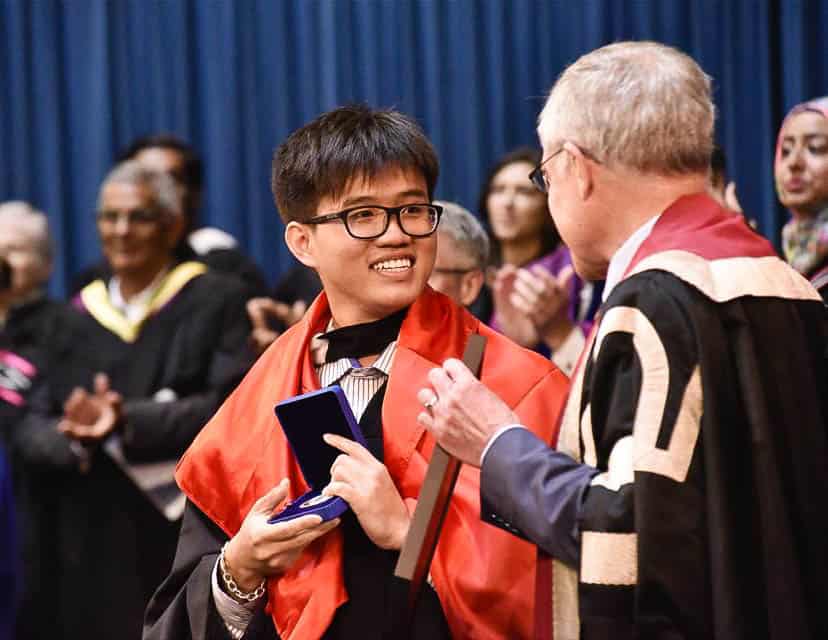If you had to choose between paying tuition and having a roof over your head, which would you choose?
Anh Cao, a Vietnamese student studying sciences at UTSC, had to make this decision when his scholarship money ran short. Cao came to U of T on a tuition scholarship from the Vietnamese Government, valued at $75, 000. He also received a living expense scholarship amounting to $1, 200 every month for three years, bringing his total funds to $118, 200.
However, international student fees at U of T exceeded the $75, 000 given to Cao. By the time he ended his fourth–year at U of T, international tuition had climbed to $33, 000. According to Cao, the Vietnamese government decided the value of his scholarship based on what they believed Cao should pay, and was not based on the actual price of.
When asked about the issue of international tuition in particular, Cao highlighted the lack of international student representation on important decision-making bodies. “International students have no voice in the decision making of the university,” he said. “We are under-represented in all of the committees. We have no voice.”
Cao cited last year’s proposal to increase domestic tuition by 5 per cent, and by 10 per cent for international students as an example of something on which international students had no say. The figure was later reduced to 3 per cent for domestic students but remained at 10 per cent for international science and engineering students. “10 per cent for a student like me is actually $3, 000,” he stated.
International students are now eligible to sit on Governing Council, U of T’s highest decision-making body. However, this change comes too late for students like Cao.
Cao said that he chose UTSC so that he could take part in the co-op program, which gives students three paid placements of four months each, throughout their studies. Additionally, Cao went to the UTSC Financial Aid Office weekly to look into his options.
Registrar and assistant to the UTSC dean, Curtis Cole, said that although there are financial advisors at all three campuses, he believes no advisor actually sat down with Cao to discuss his financial options. For example, there are emergency housing provisions on all of U of T campuses for students in dire need, a service for which Cao would have qualified.
It does not appear that Cao was aware that free housing was an option. Instead, he relied on his friends for food and housing and he even moved into a homeless shelter near Kennedy subway station for a semester until he received the next installment of his scholarship at the end of the year and could return to residence.
Prioritizing his studies
Cao graduated top of his class — an enthusiastic and bright student, he decided to work as a researcher with one of his professors after first year, which required him to take summer courses to get the credits needed to work in the lab. Each course Cao had to take in the summer cost him $2, 990, with domestic students paying roughly $600 per summer credit. Under this framework, a Canadian student could take five summer courses at the same rate as one credit for an international student.
Those two extra courses for Cao added up quickly, eating into his living expenses and his fall tuition scholarship. When Cao found himself short on money, he persevered to do even better. “When I ran out of money, I kept going because it was my only option. I want to study. I even studied harder because I hoped if I studied well, I can get out of this tricky situation in the end,” he explained.
Cao hopes that in the future, there can be changes made to funding, scholarships and tuition fees for both domestic and international students.


